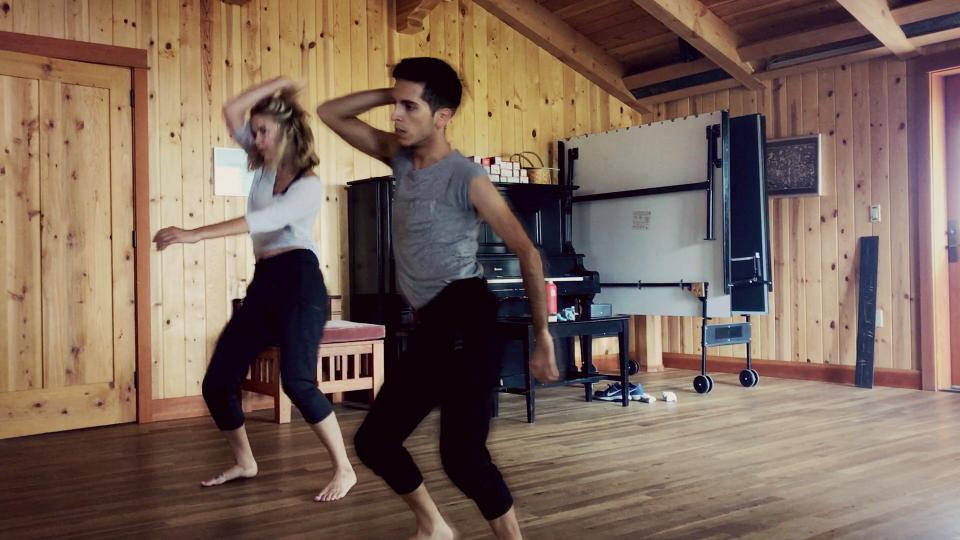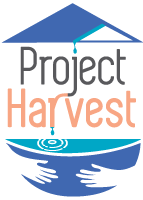
Playa Art and Science Residency awarded to Dorsey Kaufmann and Jesus Solis
For Summer/Fall 2018, Dorsey Kaufmann and Jesus Solis have been awarded the Playa Art and Science Residency in Summer Lake, Oregon. During their time at Summer Lake, Dorsey and Jesus will create a conceptual art piece through video and public performance. Combining their personal and professional experiences with their extensive dance backgrounds, they will create a narrative that explores the body as a site in which social constructions of gender, race, ethnicity, sexuality, class, and religion are inscribed through governmental practices of regulation and containment.
They will use the time at Playa to choreograph and film dances that mimic the activity of natural disasters that have become more prevalent due to climate change and human impact on the Earth. Jesus, the sole dancer in the video will emulate the off balance, chaotic, and precarious nature of these environmental disasters.
Jesus Solis is in the U.S. under the Deferred Action for Childhood Arrivals (DACA), which allows those brought to the U.S. illegally as children to receive a period of deferred action from deportation. These filmed dances will not only represent the uncertainty of the state of our future environment because of the current political administration's denial of climate change and lack of support for environmental agencies but also the uncertain status of those under DACA who fear displacement from their homes in the U.S.
Playa will provide the time and space to explore the intersections and commonalities in the artist's perceptions of violence through physical, psychological, and environmental factors. In the work, they will question what rights are stripped away from bodies that transgress cultural, social, sexual, and/or political boundaries and how these bodies can oppose prevailing ideologies that have marked them with meaning. Movement and dance provide a medium for the artists to analyze the body as a site where power is contested and negotiated in order to examine the fluidity of privilege and marginalization.


